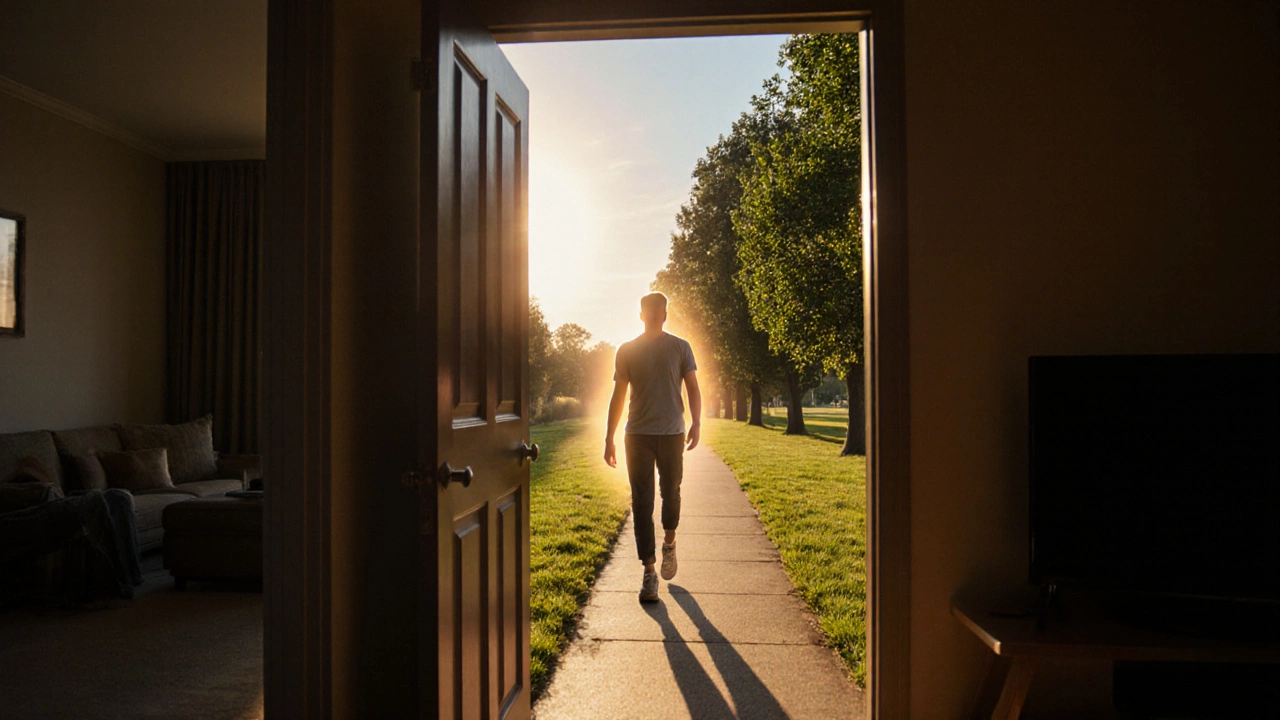Benefits of Nature: Why Going Outside Matters
When you think about benefits of nature, the positive impact natural environments have on our bodies, minds, and communities. Also known as nature's advantages, it plays a key role in everyday life. One of the biggest ways it shows up is through outdoor recreation, activities like hiking, cycling, kite flying, and other air‑powered sports that let you move in fresh air. These pursuits are more than fun; they fuel mental health, the emotional and psychological well‑being that improves with exposure to green spaces and boost physical fitness, the ability to perform daily tasks and enjoy active hobbies. Together they form a cycle: enjoying outdoor recreation builds physical fitness, which in turn sharpens mental health, and a healthy mind values the environment more, driving environmental sustainability.
How Outdoor Activities Turn Into Health Gains
Every time you lace up for a walk in the park or launch a kite on a breezy day, you’re ticking a box on the health checklist. Studies repeatedly show that regular exposure to green spaces lowers blood pressure, reduces stress hormones, and improves sleep quality. The simple act of moving—whether you’re climbing a hill, paddling a kayak, or trying a zip‑line—raises heart rate and burns calories, delivering the core of physical fitness. This boost isn’t just about muscle; it sharpens coordination, balance, and endurance, making everyday tasks feel easier.
Beyond the body, nature works on the mind. The calm of a forest or the rhythm of waves can quiet racing thoughts, easing anxiety and depression. When you’re focused on a trail, your brain switches to a state of “flow,” which research links to higher creativity and better problem‑solving. That mental reset can spill over into work, study, or any creative project you tackle later.
Environmental sustainability also rides on this wave. People who regularly experience nature are more likely to support conservation policies, recycle, and choose greener transport. The link is simple: when you feel the benefits first‑hand, you care about keeping those benefits available for others. This mindset fuels community clean‑up events, tree‑planting drives, and support for renewable energy projects.
Air‑powered activities, a niche but growing segment of outdoor recreation, illustrate the point perfectly. From kite surfing on a windy coast to indoor skydiving tunnels, these sports combine excitement with a deep connection to wind and open sky. They teach respect for weather patterns and encourage participants to check forecasts, reinforcing a habit of staying informed about the environment.
Traveling to natural hotspots—whether a national park, a coastal town, or a mountain trail—adds another layer. Exploring new landscapes expands cultural awareness and opens doors to local sustainability initiatives. When you book a trip that emphasizes eco‑friendly accommodations, you’re directly supporting shops and services that prioritize low‑impact practices.
Even when you stay home, bringing elements of nature inside—plants, natural light, or a small garden—can echo many of the benefits discussed. While it’s not a full substitute for the outdoors, indoor greenery improves air quality, reduces stress, and can spark a desire to venture outside more often.
All these pieces—outdoor recreation, mental health, physical fitness, and environmental sustainability—interlock to create a robust web of advantages. As you read through the posts below, you’ll see real‑world examples of how people are harnessing these benefits, from kite‑flying guides to travel site comparisons and entertainment reviews that highlight the joy of stepping out of the house.
Ready to dive deeper? Below you’ll find a curated collection of articles that unpack air‑powered adventures, travel tips, streaming hits, and more—all tied back to the core idea that nature improves our lives in many, measurable ways.
